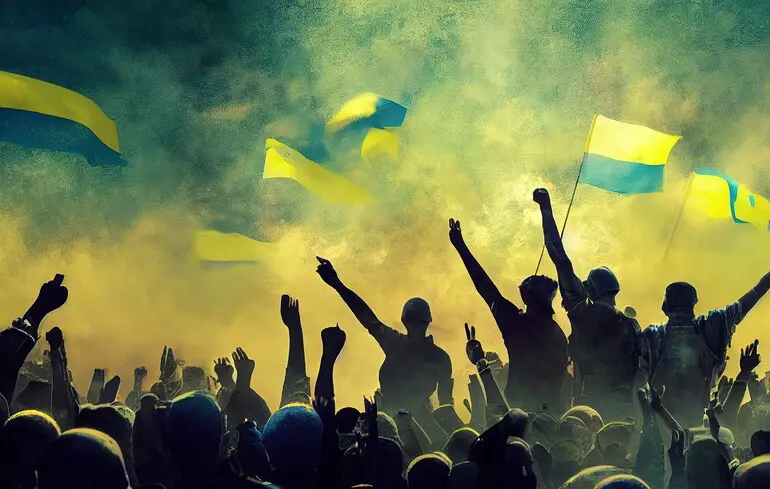Sociologist forecasts the potential timeline for ending the war and explores Ukraine’s societal transformation post-conflict

Eugene Golovaha, director of the Sociology Institute of the National Academy of Sciences of Ukraine, shared his insights in an exclusive interview with Alla Kotlyar from ZN.UA’s social department.
He initially predicted that the active military operations might conclude by 2026.
However, at present, he believes there are no serious grounds for an immediate ceasefire, as the aggressor’s economy has not yet shown signs of serious deterioration.
According to Golovaha, the war could end only if the Russian side begins to experience significant economic hardships, which he suggests may become evident as early as this year or next.
“There might already be deep internal reasons for this, but they will become apparent closer to 2026.
We just need to endure this period,” he emphasizes.
The sociologist highlights that 69% of Ukrainians support ending the war through negotiations, which signifies a shift from euphoric hopes to pragmatic realism.
Regarding society’s condition after a ceasefire, Golovaha admits it is difficult to predict whether there will be a mass return of Ukrainians from abroad.
He notes that about one-third of Ukrainians had planned to return home, which he considers a crucial process that could significantly stimulate the country’s development.
If Ukraine receives substantial support from international partners in rebuilding its devastated economy, it could make a strong economic leap forward.
The sociologist recalls that Ukraine was previously not considered an active player in global politics — known mainly for Chernobyl and high corruption levels — but this has changed dramatically.
Today, the country has gained significant agency and recognition as an important nation, especially among the communities that uphold democratic principles.
Golovaha stresses that Ukrainians are increasingly aware of their importance and agency, which will greatly influence the country’s reconstruction and international relations.
Meanwhile, he warns of potential internal political conflicts following the war, especially during upcoming elections.
There is also a less likely scenario where internal contradictions deepen, with citizens scrutinizing each other’s experiences and possessions if international support wanes.
Such a situation could lead to increased poverty, internal strife, and political instability.
The sociologist notes that, despite optimistic expectations earlier, recent polls show a decline in confidence among Ukrainians regarding long-term prospects.
Only about 43% believe Ukraine will prosper in ten years, compared to 88% in October 2022; almost half now think the country will face economic collapse and depopulation.
Golovaha points out that Ukrainians tend to be tactical pessimists but strategic optimists, and the outlook for ten years is decisive.
If these negative sentiments dominate, rebuilding the economy and societal cohesion will be very challenging.
He also highlights that Russia will likely exploit internal divisions to destabilize Ukraine further.
Overall, the sociologist underlines the importance of internal unity and resilience to ensure a stable and prosperous future for Ukraine.

